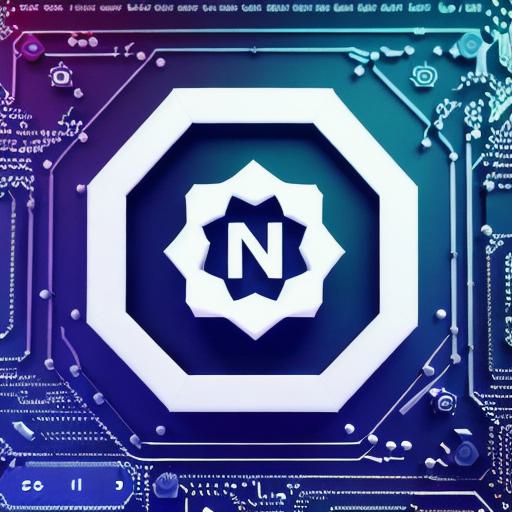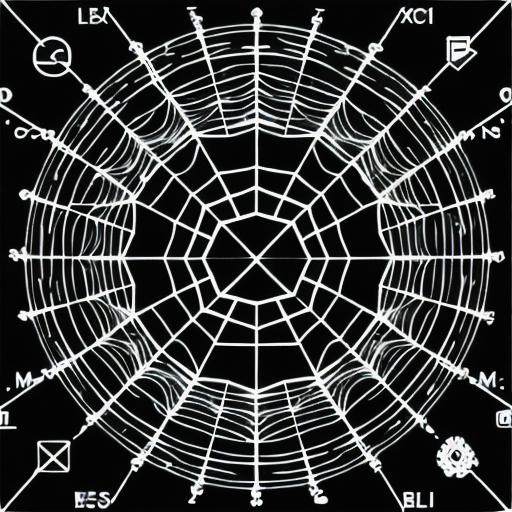The internet has evolved significantly since its creation, from a decentralized network of computers to a complex web of interconnected systems that power our daily lives. With the advent of Web3 and Web5 technologies, we are on the brink of another major shift in how we interact with the internet. In this article, we will explore the differences between these two emerging technologies and discuss which one is likely to shape the future of the internet.
Web3 vs Web5: What Are the Differences?
Web3 and Web5 are terms used to describe the next generation of the World Wide Web. Web3 refers to a decentralized web, where users have control over their data and online interactions, while Web5 refers to a more advanced decentralized web that is powered by blockchain technology. Here are some key differences between these two technologies:
Decentralization

Web3 is characterized by its decentralized nature, where users have control over their own data and online interactions. This is in contrast to the centralized internet we use today, which is controlled by a small group of powerful companies.
Web5 takes decentralization to the next level by leveraging blockchain technology to create a truly decentralized web. With Web5, users have complete control over their data and online interactions, without relying on any central authority.
Blockchain Technology
Web5 is powered by blockchain technology, which is a distributed ledger that allows for secure and transparent transactions. This technology enables the creation of decentralized applications (dApps) that can run on the web without relying on any central authority.
Web3 technologies also leverage blockchain technology, but to a lesser extent. Many Web3 projects rely on smart contracts and decentralized storage solutions to create a more secure and transparent web.
Use Cases
Web3 technologies are already being used in a variety of use cases, including decentralized finance (DeFi), non-fungible tokens (NFTs), and supply chain management. Web5 technologies have the potential to take these use cases to the next level, by enabling the creation of truly decentralized applications that can run on the web without relying on any central authority.
Scalability

Web3 technologies are still in their early stages, and many projects are facing scalability challenges. Web5 technologies leverage blockchain technology to create a more scalable web, which has the potential to support a larger number of users and applications.
Which One Will Shape the Future of the Internet?
Both Web3 and Web5 have the potential to shape the future of the internet in their own way. However, based on current trends and developments, it seems that Web5 technologies are likely to be the most influential in shaping the future of the web. Here are some reasons why:
Blockchain Technology
Blockchain technology is a powerful tool that has the potential to revolutionize many industries, including finance, healthcare, and supply chain management. By leveraging this technology, Web5 projects can create truly decentralized applications that can run on the web without relying on any central authority. This has the potential to create a more secure and transparent web, where users have complete control over their data and online interactions.
Decentralization
Decentralization is at the heart of both Web3 and Web5 technologies. However, Web5 takes decentralization to the next level by leveraging blockchain technology to create a truly decentralized web. With Web5, users have complete control over their data and online interactions, without relying on any central authority. This has the potential to create a more democratic and equitable web, where everyone has an equal voice and opportunities.
Scalability
Web5 technologies leverage blockchain technology to create a more scalable web, which has the potential to support a larger number of users and applications. This is particularly important as the world becomes increasingly digitized, with more and more people relying on the internet for their daily lives.
Real-Life Examples
There are already many real-life examples of Web5 technologies in action. For
